Astroschool Fall 2018 Wrap Up!
Our AstroSchool fall 2018 cohort has finished! Here’s what participating educators thought about their experience learning about new classroom technology.More

Our AstroSchool fall 2018 cohort has finished! Here’s what participating educators thought about their experience learning about new classroom technology.More
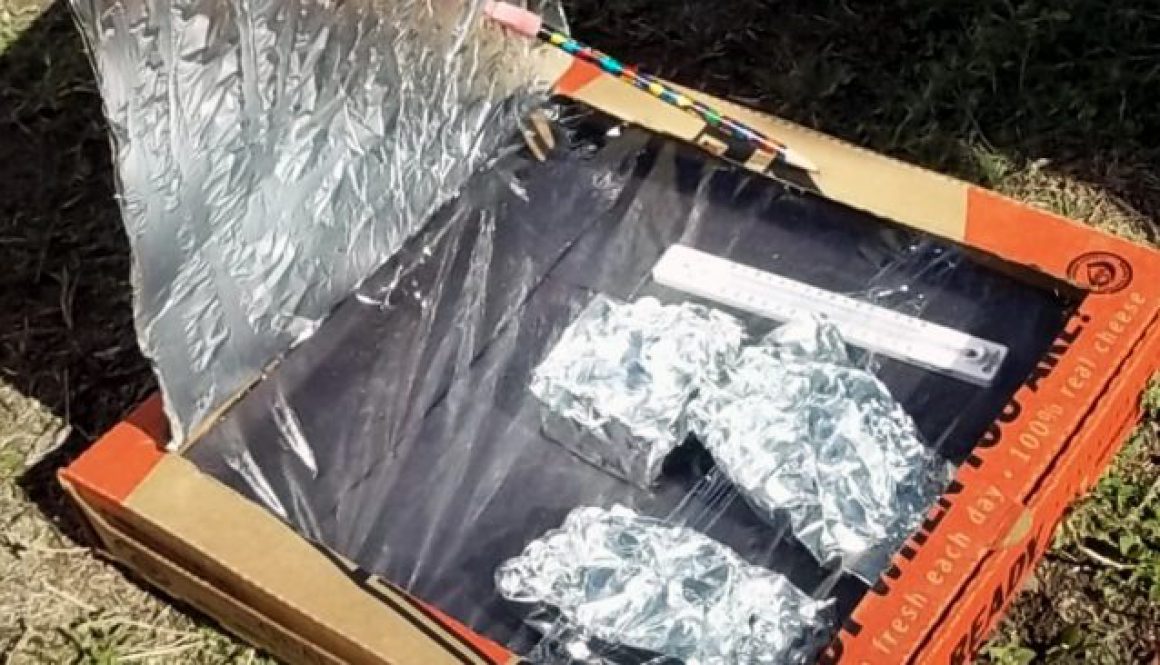
Last week, Because Learning CTO and co-founder Kevin Cocco walked educators through one of our favorite experiments, Solar Ovens.
Missed it? That’s okay! Our replay is now online.More
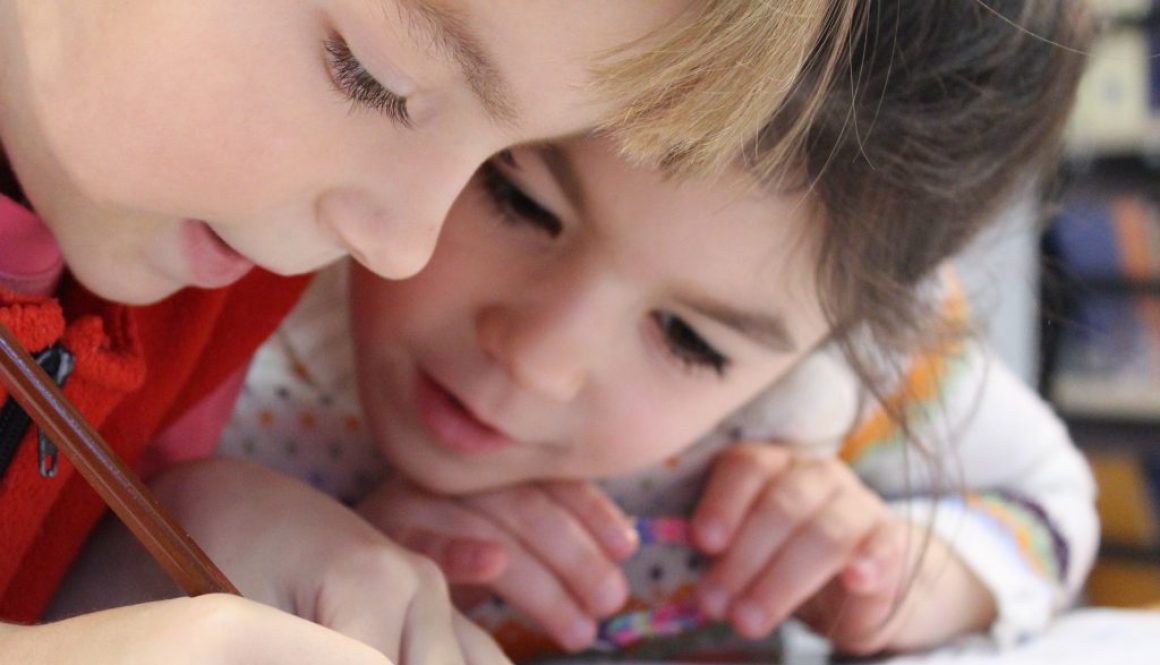
With an emerging approach to STEM education – physical computing experiences – educators can help bridge this learning gap. Students have the ability to learn in multiple ways, helping students who learn in different ways to have their learning needs and preferences met. The result? Deeper engagement and learning for all students – not just those who get it right away.More
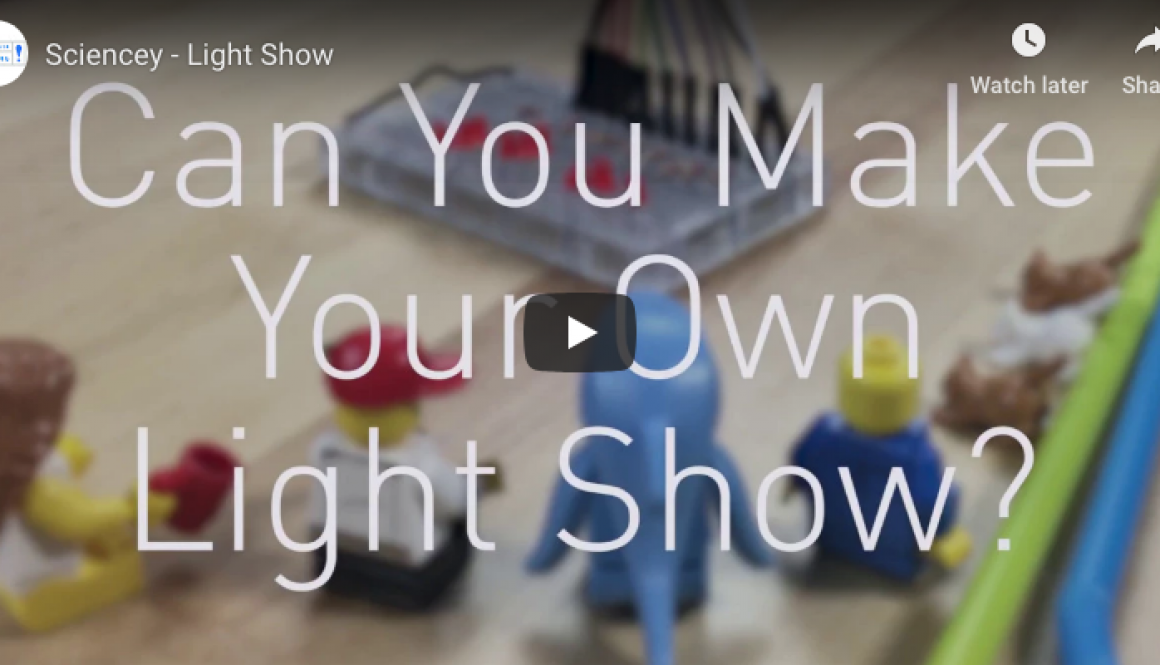
At Because Learning, we believe ongoing educator professional development is an essential key to student success.
Santa Rosa County Public Schools, in Florida, have been using our Sensor Kits for more than 3 years. But the constant arrival of new teachers makes a great opportunity for continued professional development and first-time coding lessons.More
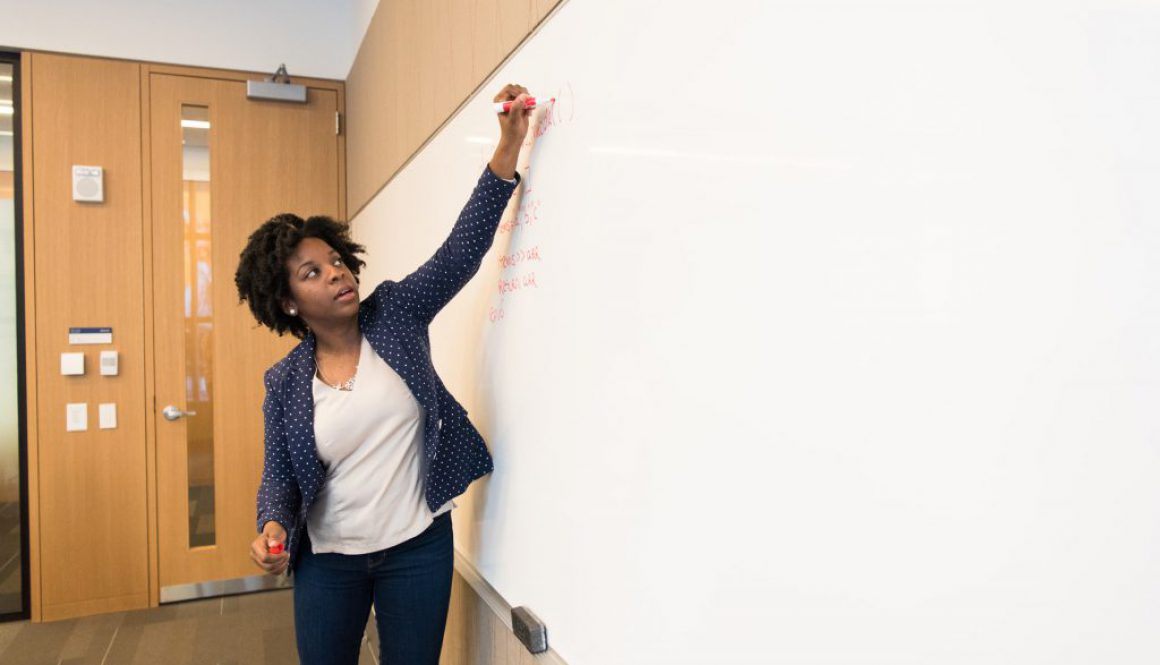
What makes effective teachers who bring inquiry-based teaching into their science classrooms? More

The geographical location of a school does not have to be a determining factor in the quality of its STEM education. Multiple factors, including recent developments in technology, provide greater access to STEM learning than ever before. More
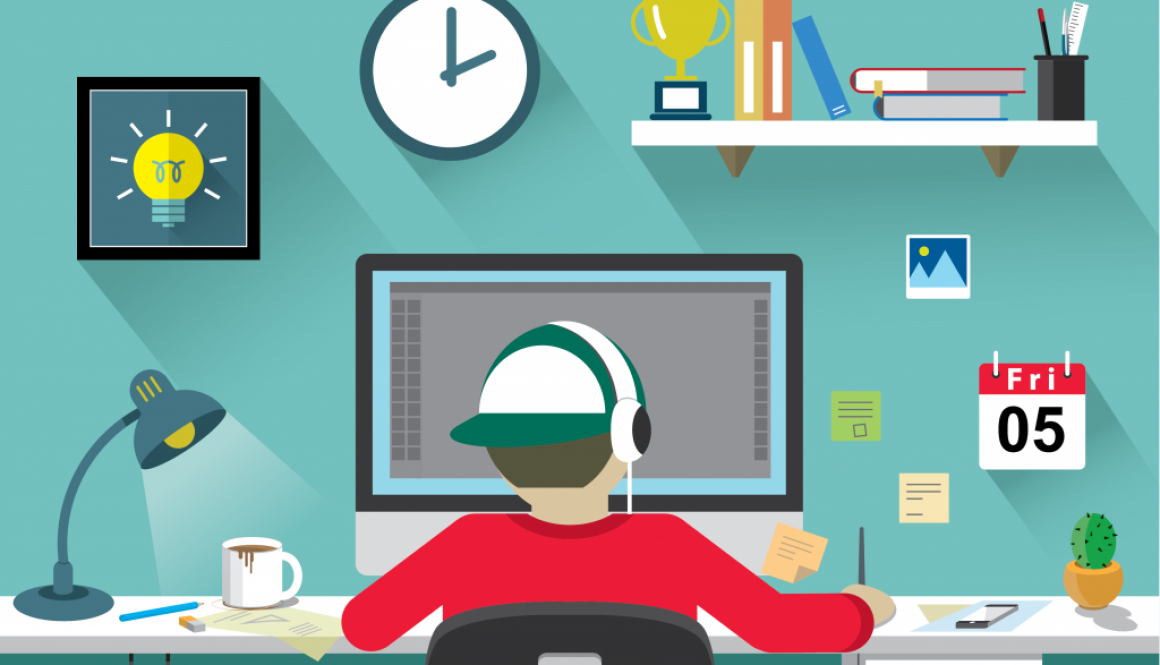
Today, children and adults alike interact with technology more than ever. Just think: how many children under 10 do you know that have their own phone or tablet?
(For us, it’s “plenty.”)
Now, how many children could explain the technology inside those devices?
Understanding how technology works, even at a basic level, gives children advantages. We’ve personally seen how making real-world connections enhances classroom engagement. Experts agree that learning to code is key to computer literacy – a big goal of many learning initiatives. This means it’s important to teach coding and computational thinking to children as early as possible.
The best place to start? Math, science, and engineering classrooms. More
How do you know if an experiment is actually valid? With so many projects, games, and lessons using the “STEM” label, telling the real thing from the wannabes can be tricky. But our newest infographic is here to help.More
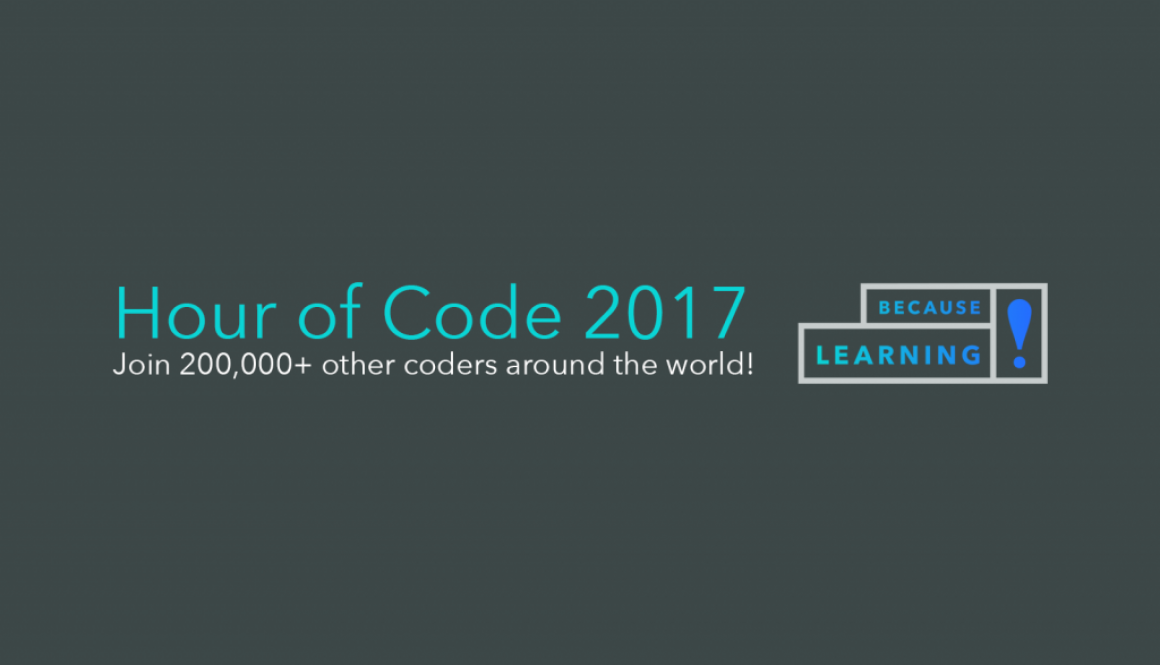
It’s finally here – the world’s biggest group coding event. We’d love you to participate with 200,000+ others who are learning code just like you.More

If you’re like a lot of parents, you know your kid needs to learn coding to learn essential twenty-first century skills. A recent study showed over half of all top-paying jobs require coding. Another showed jobs requiring programming are growing 12% faster than the market average.
It’s clear coding isn’t just good to know – it’s essential. In fact, 65% of current grade school students will work in jobs that don’t exist yet. But only 40% of schools teach computer science and coding. How is your child supposed learn coding and other critical skills?
It can feel intimidating to know the best way to get started:
If you’ve ever wondered about any of these questions, then you’ll want to pay attention during the first week of December. Hour of Code is coming!
Every year, tens of millions of students in over 180 countries participate in a global movement called Hour of Code. As the official Hour of Code site states,
The Hour of Code started as a one-hour introduction to computer science, designed to demystify “code”, to show that anybody can learn the basics, and to broaden participation in the field of computer science. It has since become a worldwide effort to celebrate computer science, starting with 1-hour coding activities but expanding to all sorts of community efforts.
Over 200,000 educators worldwide participate, making it the largest group coding activity in the world. And this year, Because Learning is hosting a simple, easy way for your child to participate and learn coding!
There are two ways to participate.
As parents, educators, and coders ourselves, we at Because Learning want kids to learn these critical skills! That’s why we’ve designed lessons that are the perfect way introduce kids to coding, take their skills to the next level, and provide a framework they can follow for life.
Our coding lessons achieve three critical things for kids:
It’s no wonder Because Learning’s Sensor Kits and coding lessons are used in thousands of classrooms all over the world. They are, hands down, the best way to introduce kids to coding for life.
But our kits aren’t just for the classroom. As a parent, you’ll like that our STEM coding lessons are based on a kit that actually grows with your child. That means no more kit you’ll use for six months before your kid gets bored and grows out of it.
In our Lessons portal, we have hundreds of lessons your child can try to learn coding principles. Here are the lessons we think would be perfect for Hour of Code:
Because Learning’s Sensor Kits are used all over the world in thousands of classrooms to teach kids coding. Here’s what parents, teachers, and kids have to say:
– Ben, South Jordan, UT
– Kevin Reeve, co-founder of Logan’s Cache Makers, a STEM learning club for middle and high school students.
– Duane, Salt Lake City, UT
– Jeff Baugus
Science and Math Coordinator, Santa Rosa County Public Schools
Here’s how your child can participate with us for Hour of Code 2017:
Hour of Code is coming soon, so hurry! Subscribe today, and we’ll send your kit to you in time to participate (US-customers).
Notifications